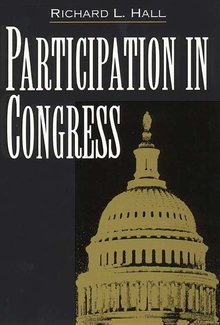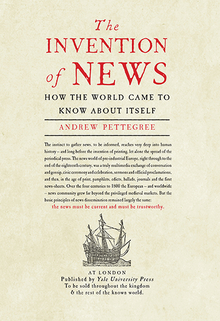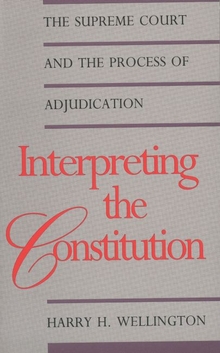Participation in Congress
WARNING
You are viewing an older version of the Yalebooks website. Please visit out new website with more updated information and a better user experience: https://www.yalebooks.com
Richard L. Hall
By closely analyzing behavior on sixty bills in the areas of agriculture, human resources, and commerce, Hall finds that participation at each stage of the legislative process is rarely universal and never equal. On any given issue, most members who are eligible to participate forego the opportunity to do so, leaving a self-selected few to deliberate on the policy. These active members often do not reflect the values and interests evident in their parent chamber. A deeper understanding of congressional participation, the author contends, informs related inquiries into how well members of congress represent constituents' interests, what factors influence legislative priorities, how members gain legislative leverage on specific issues, and how well collective choice in Congress meets democratic standards of representative deliberation.
"Hall demonstrates the power of a crucial conceptualization—participation—to unravel the complexities of committee decision making. Students of congressional committees should begin their studies with this book."—Richard F. Fenno, Jr., University of Rochester
"Participation in Congress is a stunning achievement, a model of scholarly originality, rigor, and clarity. Hall investigates who participates beyond the simple act of voting in committee and on the floor. His theory and empirical findings about these revealed intensities challenge much of the best scholarship on the contemporary Congress and engage fundamental issues about the performance of representative democracy."—Thomas E. Mann, The Brookings Institution
"An extremely impressive work. This richly detailed and theoretically sophisticated book provides the research community with a superb description of legislator behavior in the postreform Congress. And, in addition, it offers a provocative reinterpretation of the textbook Congress of a generation ago."—Morris Fiorina, Harvard University
"Hall provides an interesting, fresh approach to analyzing how members view their work and carry it out. . . . Going beyond roll-call votes to analyze decisions from these standpoints, Hall provides readers with fresh insights into the congressional decision-making process."—Choice
"Hall proceeds from a simple but profound premise: Outcomes depend, not only on legislators' preferences, but also on their willingness and ability to participate. This book changes scholarship on legislative process fundamentally."—John Kingdon, University of Michigan
"Hall's Participation in Congress is a pathbreaking foray into a crucially important side of legislative decision making. It looks at Congress from a completely new angle, and its implications for our understanding of the exercise of power in legislatures are sure to inspire and provoke."—John Mark Hansen, The University of Chicago
"Every student of congressional politics will want to own this book, and it should find wide use in graduate seminars and advanced undergraduate courses. Simply one of the best books on Congress in a decade."—David Rhode, Michigan State University
"An extremely impressive work. . . . Richly detailed and theoretically sophisticated."—Morris Fiorina, Harvard University
"From now on, students of congressional committees should begin their studies with this book."—Richard F. Fenno, Jr., University of Rochester
"Participation in Congress greatly advances our understanding of the motivations of legislators. This book will be critical for any scholar studying the congressional policy process for many years to come. . . . Hall's study has illuminated many other critical issues commonly neglected when examining congressional participation, while at the same [time] it skillfully questions some of the methods and assumptions that political scientists have employed in the study of congressional structure and policymaking."—E. Scott Adler, American Political Science Review
"In this excellent study, Richard Hall challenges much of the best scholarship on the pre-reform Congress to argue that in order to understand legislative decision making scholars need importantly to analyze who participates. . . . This is a profoundly important book which significantly extends our theoretical and empirical understanding of Congress. . . . His book will become 'a must' on all congressional reading lists."—John E. Owens, American Politics Review
"This book will rank among the leading empirical analyses of Congress during the last decade."—David R. Mayhew, Yale University
"Hall demonstrates the power of a crucial conceptualization—participation—to unravel the complexities of committee decision-making. From now on, students of congressional committees should begin their studies with this book."—Richard F. Fenno, Jr., University of Rochester
"Carefully researched and theoretically sophisticated, this book changes scholarship on legislative process fundamentally. This is the book on participation, intensity, and mobilization."—John W. Kingdon, University of Michigan
"This book will rank among the leading empirical analyses of Congress during the last decade."—David R. Mayhew, Yale University
Publication Date: September 10, 1998








